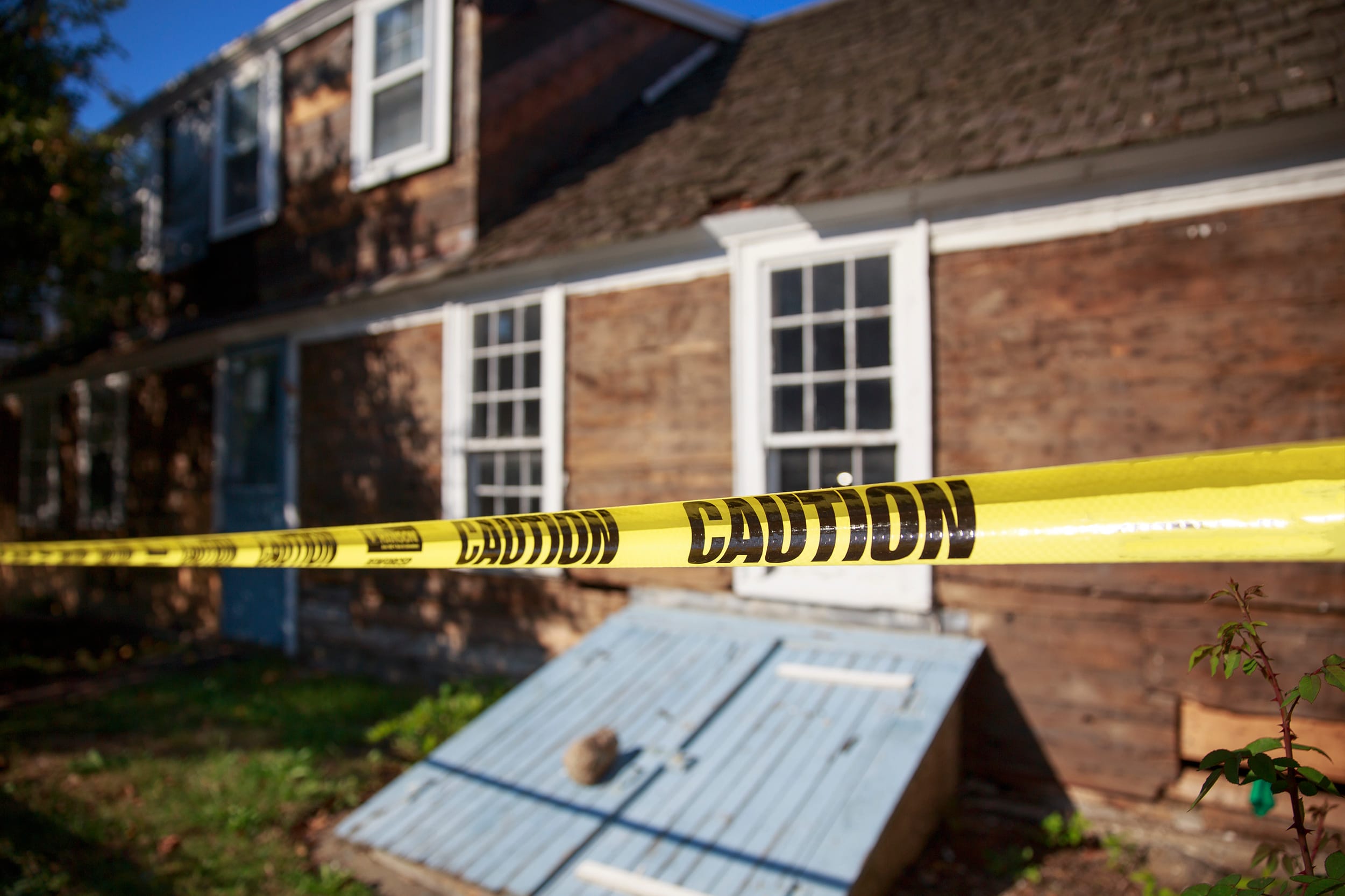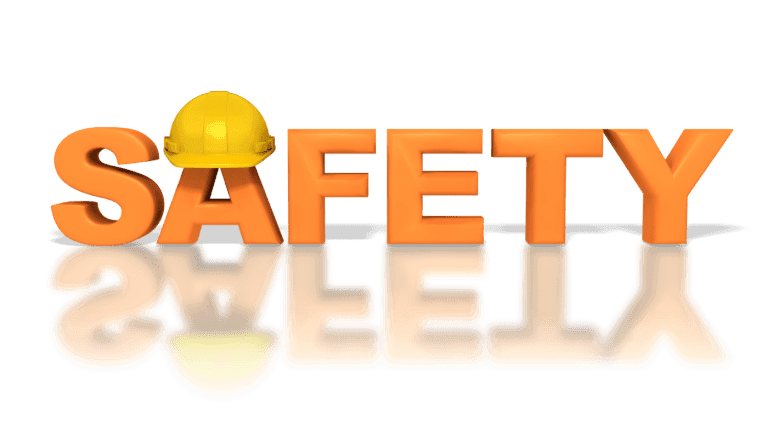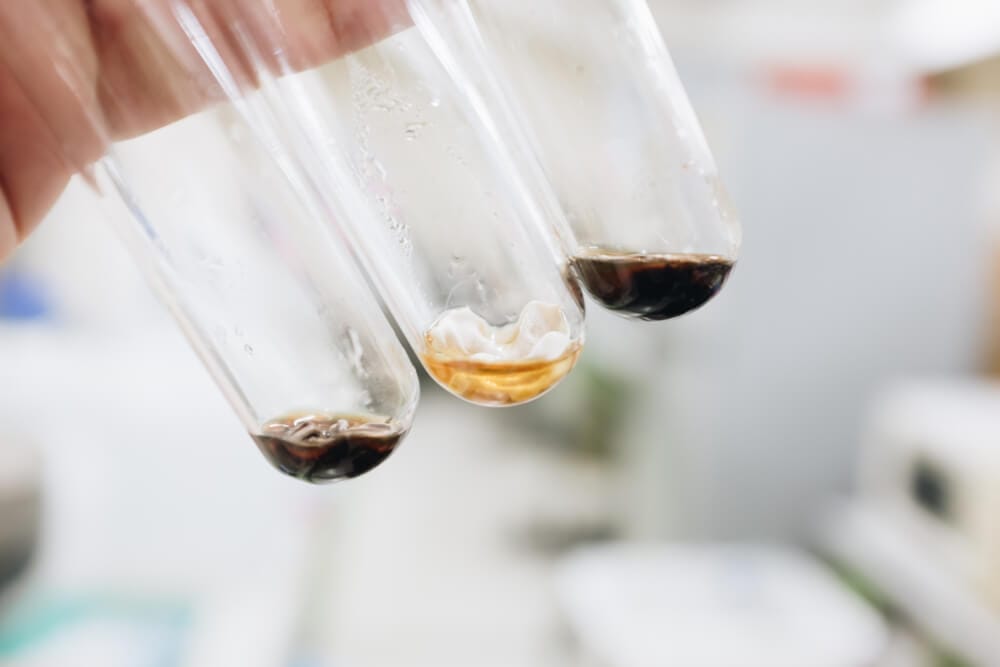Crime Scene Clean Up Qualifications
Every 26.2 seconds, a violent crime occurs in the US. Meanwhile, a property-related crime occurs every 4.4 seconds. And these events can leave behind hazardous biological remains.
Someone has to clean up the mess. Thats where crime scene cleanup companies come in. These professionals are experts in dealing with the result of crime. Crime scene cleaning involves containing and disposing of possibly hazardous biological waste. Crime scene cleanup professionals can then clean and disinfect the crime scene itself.
Cleaning crime scenes is a dirty and potentially dangerous profession. Heres what it takes to get the job done.
Company Requirements to Clean Up Crime Scenes
Not just any cleaning company can handle crime scenes. Crime scenes require cleaners to fully sanitize the area making it safe for people to return to. Professionals must also deal with biohazards like blood and unattended deaths. Thats why crime scene cleanup company employees undergo specialized certification programs and training.
Certifications and Permits
Crime scene cleaning isnt a regulated industry. That means companies dont need a license to start cleaning crime scenes. Still, a high-quality crime scene cleaner will have the appropriate certifications and permits.
For example, consider a company that disposes of biological waste. To legally transport these materials, it needs a Medical Waste Transportation permit. It might also need a Hazardous Waste Transporter certification and registration. The following organizations provide training and resources for crime scene cleanup companies and professionals:
- The US Department of Transportation
- The National Institute for Occupational Safety and Health
- The US Occupational Safety and Health Administration (OSHA)
Other permits and certifications recommended for crime scene cleaners include Trauma Scene Waste Practitioner permits, Biomedical Waste Transporter certifications, and Infectious Waste Transporter permits.
Crime Scene Cleanup Training
All employees of a crime scene cleanup company must undergo industry-specific training. Cleaners need to understand how to use crime scene cleaning chemicals and equipment. That includes training in personal protective equipment (PPE) use. These cleaners also need to understand the safety risks biological waste presents. Further, professionals need to know how to sanitize/disinfect all kinds of crime scenes. This includes indoor, outdoor, and conveyance crime scenes.
All crime scene cleaning company employees must undergo background checks. These companies also usually drug test their professionals. That way, if the team must enter a personal dwelling or business, clients know their belongings are safe.
Liability Insurance
Homeowners insurance may cover the cost for crime scene cleanup. But any good crime scene cleaning company should have insurance, too.
Liability insurance will protect clients in case of an accident. Imagine if a hazardous material pollutes the area after the cleanup crew leaves. Pollution liability insurance can help protect the company and the client. Are you looking for crime scene cleaners? Spaulding Decon has been cleaning up crime scenes since 2005. Click here to learn more about our crime scene cleanup services!
Personal Qualifications to Become a Crime Scene Cleaner
Crime scene cleaning companies require certifications, permits, and employee training. But there are also crime scene cleaner requirements. Here are the top crime scene clean up qualifications employees must possess.
Education
If you want to become a crime scene cleanup professional, youll first need a high school degree. A GED should also suffice for most companies.
You dont need a specialized degree to get into crime scene cleaning. Employees receive on-the-job training once theyre hired.
Examples of training a crime scene cleaning professional might undergo include:
- Bloodborne and airborne pathogen training
- Hazardous material generation transport training
- PPE use training
Crime scene cleaning is also a no-experience-required job, too. However, prospective cleaners can get a leg up on the competition. All you need is a related background. Crime scene cleaning is related to jobs in medicine and forensics. Backgrounds in law enforcement or public health may also give you an advantage.
Take the example of Spaulding Decons founder and CEO. She started off as a law enforcement officer.
Physicality
Unlike traditional cleaning jobs, you need to be physically fit to be a crime scene cleaner. This is because you may have to lift heavy loads, work all day, or both, depending on the crime scene.At the same time, you may also have to wear a biohazard suit for some jobs. This can restrict your breathing and increase your body temperature. Professionals in optimal health and fitness are more suited to these challenges.
The right temperament is just as important for crime scene cleaning as physicality. Professionals should pay attention to detail and showcase a compassionate attitude. Having a strong stomach is especially important. After all, you may be dealing with blood and other body matter.
Equipment
Weve already mentioned that crime scene cleaners have to wear PPE. But what other types of equipment do crime scene cleanup companies use? Crime scene cleanup typically requires two types of equipment. These are standard and crime scene-specialized equipment. Standard cleaning equipment includes cloths, sponges, and mops. Household chemicals like bleach and ammonia are also standard cleaning tools.
The difference between traditional and crime scene cleaning? Any equipment used must be disposed of after cleaning biological waste. Crime scene cleaning companies also use more specialized equipment. This includes blood solvents and hazardous matter (hazmat) containers. Companies might also bring equipment for cleaning up fingerprint powder or tear gas.
Importantly, crime scene cleaning companies also have large transportation vehicles. This allows professionals to haul away permanently damaged items. For example, items like bloodstained furniture and ruined carpeting.
Crime Scene Cleanup Companies Are Here for You
Crime scene cleanup companies clear away crime scene biohazards and disinfect the area. Theres no regulating body for this industry. But a good company will have the right qualifications, training, and employees. Have a crime scene that needs cleaning up? Find a Spaulding Decon location near you. And call us today to take advantage of our professional services!





